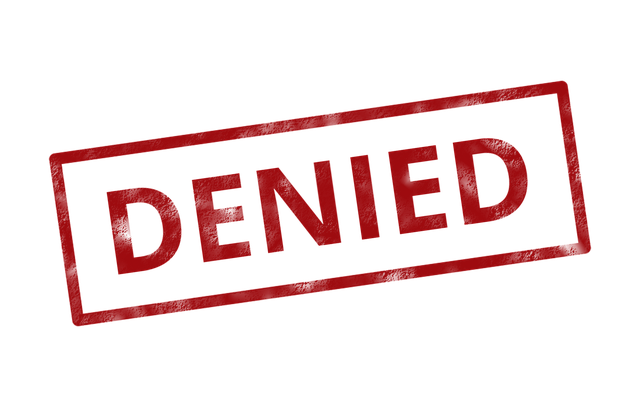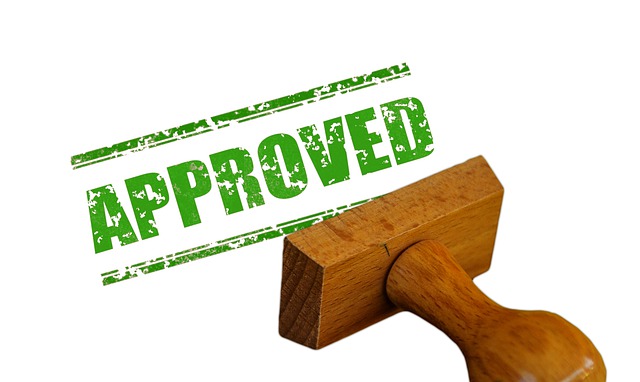

If you have been injured in a job-related accident or gotten an occupational disease, you can apply for benefits to cover losses like lost earning capacity, medical costs, and lost wages. However, to receive the benefits, you must meet certain requirements. These requirements are set up to make sure they are not being abused. But that means loads of rules and requirements are necessary to receive benefits. If you fail to meet the requirements, your claim will be denied. If you feel that your denial was in the wrong, you can write workers’ compensation appeals with evidence that proves you deserve your compensation.
Your accident must have occurred while doing a job-related activity.
If you are an employee who is paid per hour, then you should be clocked in at the time the accident occurs. If you are an employee who receives a salary, then you will have to prove that the accident occurred when you were doing your normal job duties. It’s important to acquire the evidence necessary to prove when you are injured. Once you have that together you will be able to provide that information to your employer. If you are still being denied, you can start creating an appeal.
You complied with the employer’s policies
You need to comply with your employer’s policies which involve job-related injuries. For example, many employers require accident victims to be treated by a doctor who is approved by the company. If you do not follow those guidelines, then you will be denied compensation. But if you are still following all the rules but still not receiving compensation, it’s time to reach out to legal representatives. They will be able to review your case to see if you should be covered or not.
You must not be drunk or intoxicated
Your employer may request you undergo a drug test before being treated. If you don’t do it, the claim may not be approved. Your employer has a right to know whether you were drunk when you were injured. If you were intoxicated when you sustained those injuries, then the employer will not be held liable for your injuries. You need to make sure that you were following all the rules if you want to receive adequate compensation.
You had pre-existing conditions
If your employer can provide evidence showing that you were injured before the accident occurred, your claim may be denied. You are not owed compensation if you were injured outside of work. You can talk to your employer about when you can come back to work. But beyond that, your employer cannot do much for you. Take care of yourself during this time to make sure your injuries don’t get any worse.
Things to do if your claim has not been approved
Identify why your claim was denied
The first step is to know why your claim was denied so you can produce a solution. Your claim may be denied if your injury was not directly caused by the accident if you don’t notify your employer about the incident within the stipulated deadline, and if the occupational disease you got does not qualify for comp benefits. It’s important to reach out to your employer right after the accident occurs. From there, you can provide them with the information necessary to receive compensation. These details are important to keep up with. Keep your employer in the loop with your doctor so everyone understands what’s going on with your health.
Remedy the disputes
After identifying the reasons why your claim is being disputed, you should contact an attorney to help you fight the objections that have been leveled against your claim by the employer or insurance company. Moreover, you will need to gather medical evidence including testimony of a medical expert, and other supporting evidence. Your attorney will look over the evidence to make sure the employer was in the wrong. From there, your attorney can take over your case.
File worker’s compensation appeals
If you have received a letter informing you that your claim has not been approved, you can try to change it by filing a Petition for Benefits within 2 years from the date you got injured. You will then present your case in front of an administrative judge and highlight all the relevant evidence. The administrative judge will evaluate your evidence and may approve your claim, qualifying you for the benefits. If the judge doesn’t approve your claim, you can seek assistance at higher levels. Keep track of all your documentation so you can continue to appeal accordingly.
Conclusion
If your claim has been denied, you should hire an attorney to fight the objections leveled against you by the employer or insurance provider. They will be able to review your case with a better understanding to see if anyone is in the wrong. If they see that your employer does owe you compensation, they will fight for you. It’s in your best interest to reach out to a trusted legal team immediately after your accident or after you have been denied your compensation. They will do everything in their power to make sure you get the justice you deserve.





